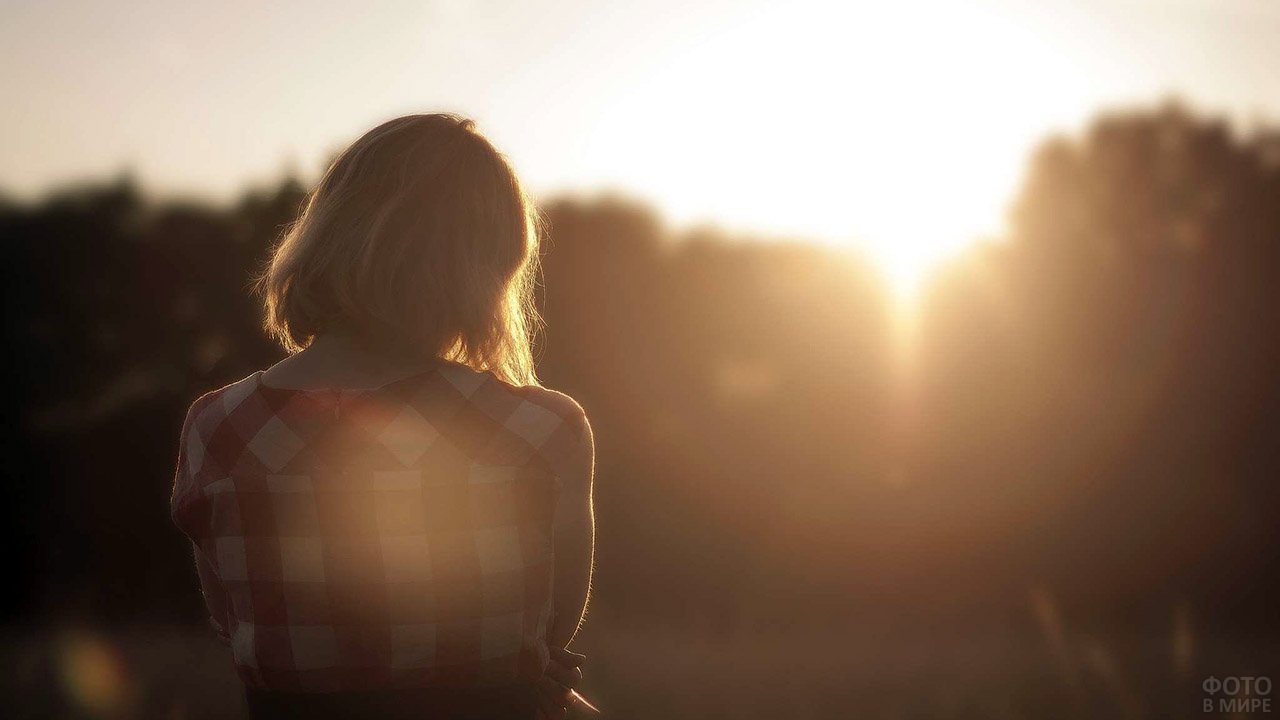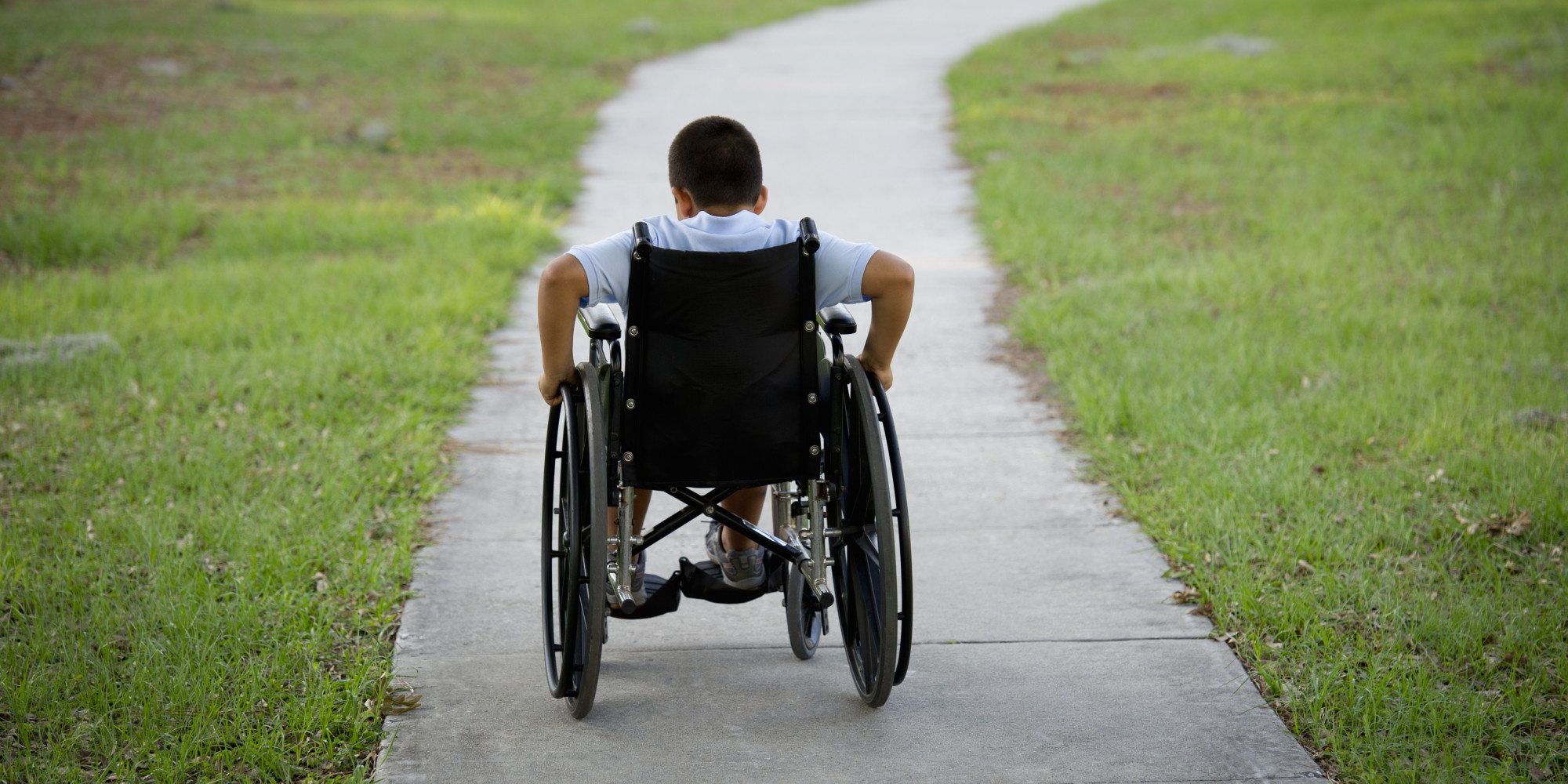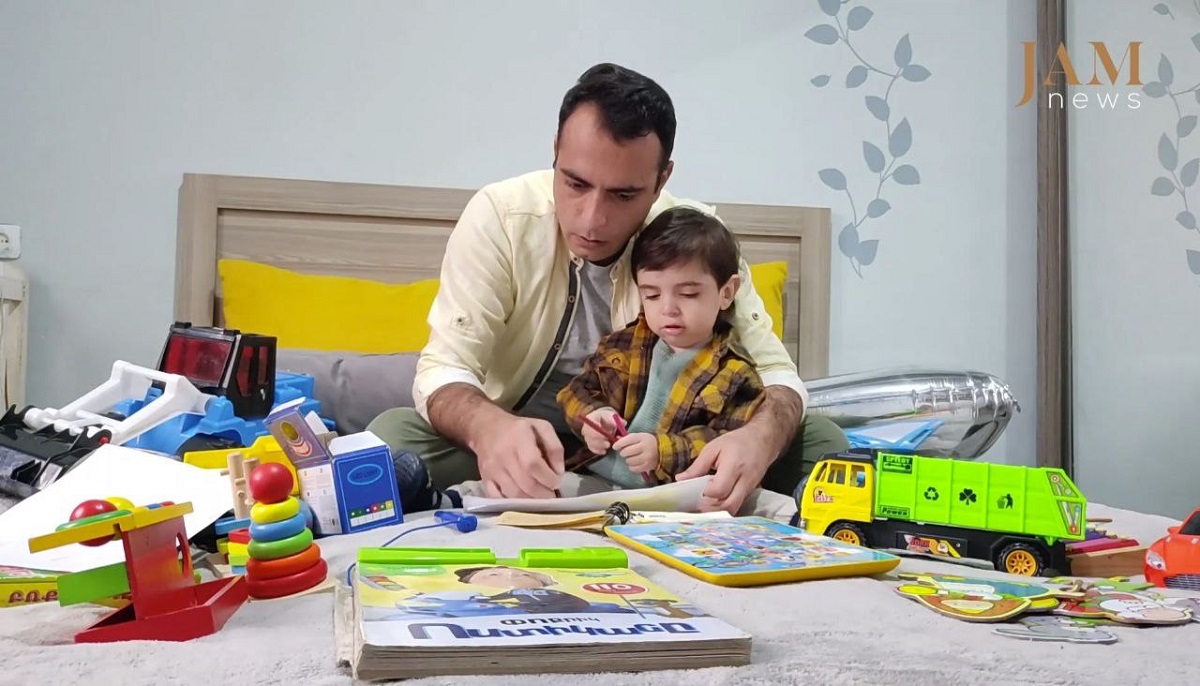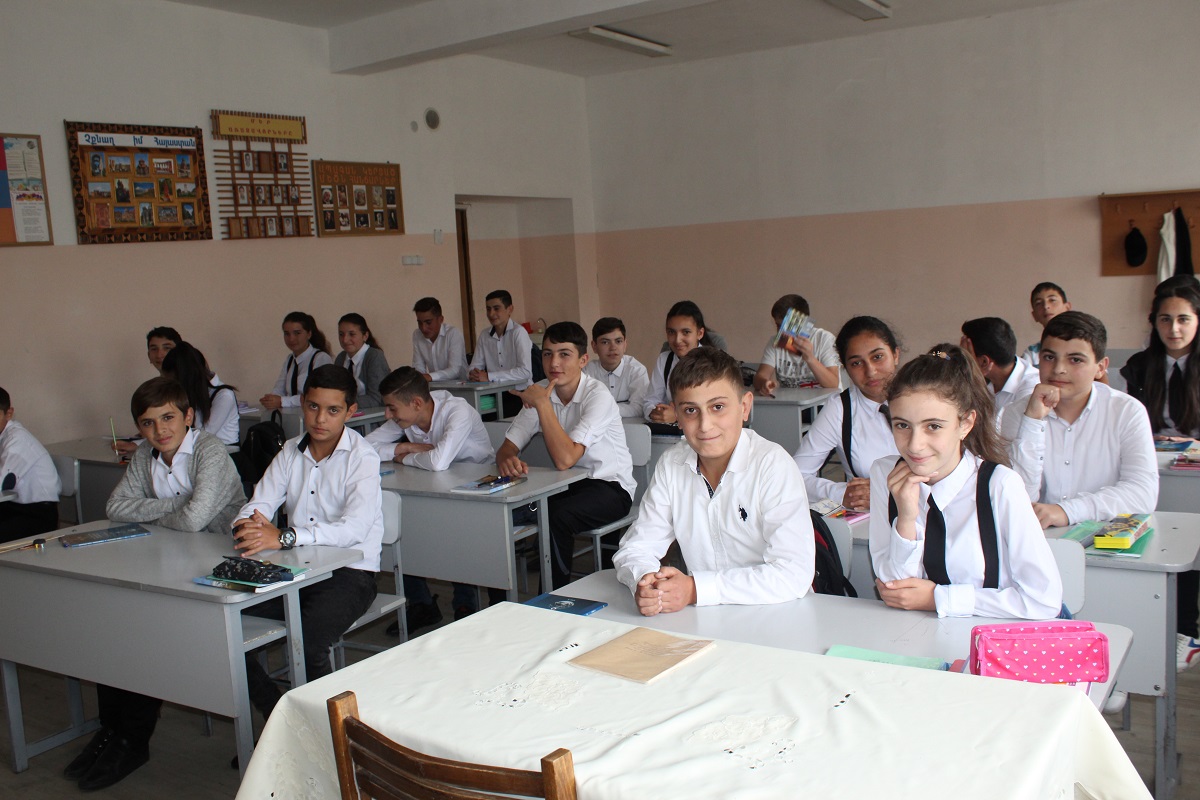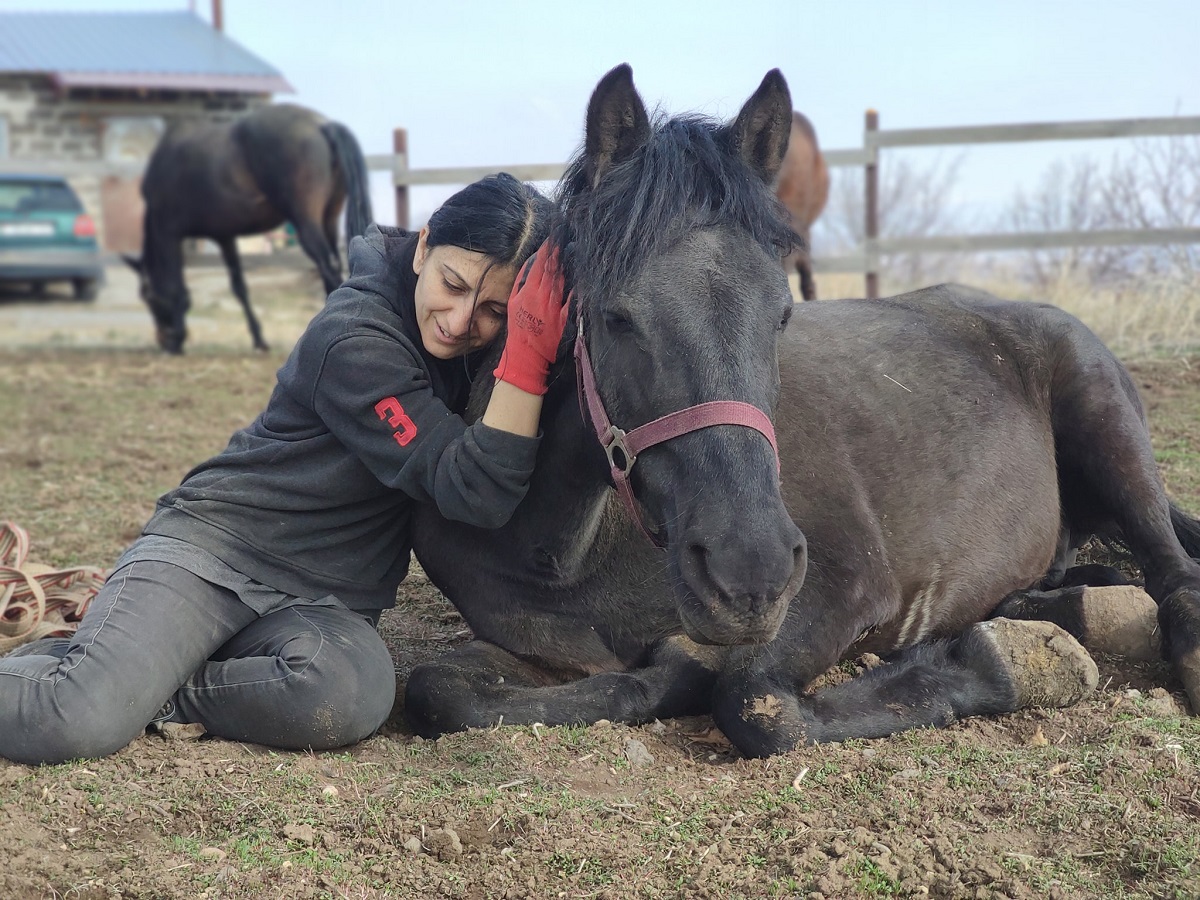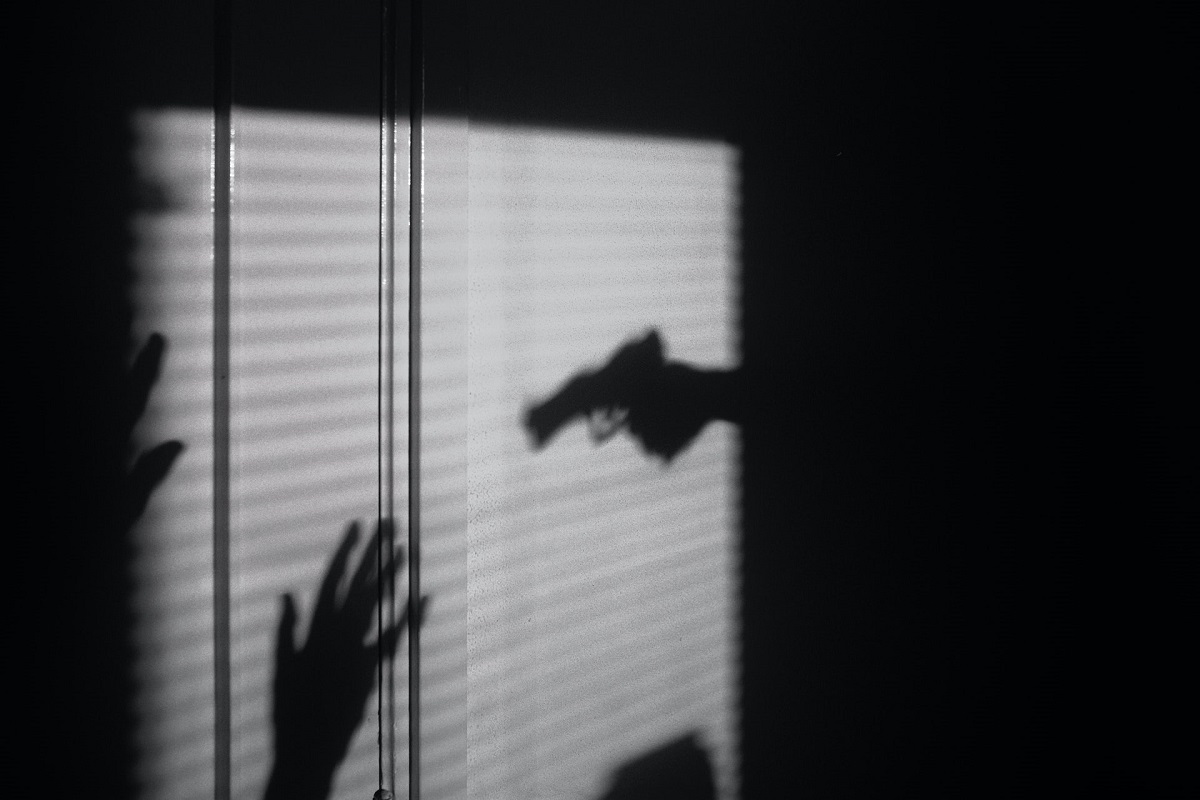Armenians prefer not to talk about child sexual abuse
Child sexual abuse in Armenia
Over the past five years, there have been 25 cases of child rape in Armenia. Every year on average 75 cases of sexual crimes of various kinds are recorded. And that’s not the full picture, experts say. The topic of sexual violence against children remains taboo in Armenian society to such an extent that parents often prefer to hide the incidents and not go to law enforcement.
On cases of sexual violence against children in Armenia – personal history, statistics and expert opinion.
- Armenia’s adoption fraud: foreigners pay up to 25 thousand euros for a kid
- Armenian families of soldiers killed in Karabakh war offered fertility treatment
- Armenia facing critical depopulation: selective abortions, war, and Covid-19 pandemic
“When you grow up, you forget.” And if not?
“We have an unfortunate saying ‘Grow up – you will forget’. This is how we try to console children when something unpleasant happens to them. For me it was the opposite. I grew up and remembered. For about 30 years I did not remember what happened to me in childhood and it affected my personal life,” says Ani, 36.
Ani was born and raised in Yerevan in a quiet and peaceful area on the outskirts of the capital where she never felt any danger, just like her parents. She recalls that decades ago she and other children spent most of the day in the yard playing and visiting each other.
“It’s hard to imagine a safer environment than a small area where everyone knows each other. I remember that new residents appeared on our street. They lived for rent in a neighboring house. Their daughter was my age and was almost never allowed to go outside. Her father told her to bring her friends to them. So I went to their house several times. I felt that these people were not like my family, but I was too young to understand these red flags.
Once we were playing with this girl and her father was sitting with us in the same room, then he got up and began to undress. He stood in front of us completely naked for several minutes, then said that he was going to take a shower. He went into the bathroom and didn’t close the door. Another time, on the street, he gave me candy. When I approached him his pants were unbuttoned, and his penis was out. Fortunately people came out from the neighboring houses, which he did not expect. I still remember his words: “Let’s return ‘him’ to his home for now,” says Ani.
Now she understands that these were attempts to see whether she would remain silent, preparation for other things that might have happened, since she did not tell her parents anything. Luckily, the new neighbors soon moved away.
Ani says that she remembered this story only after long work with a psychologist at the age of 32. She does not know why she hid these events from herself for so many years.
“Before meeting my husband, I never thought that physical intimacy was the worst thing that could happen to me. Of course I met guys, talked, but relations did not get this far. I was terribly afraid of sexual relations, because they have always been something like violence for me.
When I met my future husband, and our relationship was getting serious, I had to tell him about my fears. Then I realized that I could not overcome them, that it could destroy my family and love, and turned to a psychologist. After a long period, I remembered these incidents. The help of a psychologist and the understanding and patience of my husband helped me as well.”
Ani believes that she and children like her, who are raised to be quiet and modest, taught not to contradict and always obey adults, are especially vulnerable.
“To obey adults is the worst thing you can teach a child. Instead, we should teach our children that they can tell us anything without being embarrassed or afraid. They should scream when they are scared, they should even tell relatives not to touch them if they do not like it. It’s all so simple, but it can save our children.”
- Silent violence: why is Armenia keeping quiet about child trafficking?
- Armenia lagging in addressing school bullying
Numbers they prefer to keep silent about
According to data provided by the Armenian police, 16 cases of sexual crimes against children were recorded in 2021, and seven in the first half of 2022.
Over the past five years, 25 cases of rape of minors have been recorded in Armenia: nine in 2017, four in 2018, two in 2019, eight in 2020, and two in 2021.
According to the Investigative Committee, in 2016, 88 cases of sexual violence against children were investigated, in 2017 99, in 2018 76, in 2019 91, in 2020 77, and for the first half of 2021, 57.
This difference in statistical data is explained by the fact that in Armenia there is no single database of data that would allow a clear overall picture.
In 2022, according to the Investigative Committee, there were
- two cases of rape of minors,
- six cases of child sexual abuse,
- one case of forced sexual intercourse,
- 11 cases of sexual intercourse with adolescents under the age of 16,
- 17 cases of indecent acts against minors.
Children are often sexually abused by family members
Unlike other structures, the Sexual Abuse Crisis Center remembers the names of the children who experienced these events, and not the number of cases per year. This is the only organization in Armenia that helps those who have been subjected to sexual molestation.
“Sexual molestation, like everything related to sexuality, is still a closed topic for us. Society considers sexual molestation not a horrible phenomenon, but a shameful one. Even violence committed against children, parents prefer to hide rather than resolve the issue through legal means.
In our country, they do not understand what the trauma of sexual molestation is. Even though its comparable in terms of impact, for example, with military injuries and natural disasters. By keeping silent about what happened, parents are depriving their child of the opportunity to receive professional help, even medical care,” Tatevik Aghabekyan, head of the center, says.
According to her, there are several factors in Armenia that create favorable conditions for sexual abuse of children. The first is the lack of sex education.
“The worst manifestations of child sexual abuse do not happen immediately. All rapists start with some kind of screening process. If a child has elementary knowledge about the boundaries of the body, if they know that no one has the right to touch certain parts of their body, to see them, and they should not see these parts of the body of another person, it will be much easier for them to react to these dangers . And if they also have a trusting relationship with parents, then in many cases it is possible to prevent molestation.
“As a rule, children are sexually abused by family members: fathers or stepfathers, grandfathers, cousins or other relatives. The third factor that abusers can use to silence a child is fear. Since we very often frighten our children and do it in the presence of others, in the environment of the child, many will learn that in this way it is possible to control them.
However, the main obstacle in the fight against sexual violence is stereotypes. People are sure that this happens only among a certain group of people, not their own.
“Just a few days ago, in one of the regions, there was a case of sexual abuse of a seven-year-old child. Upon learning of this, the residents of this village went to the director of the school with a demand to expel this child from school. There is another question here: why did the secret become known to everyone through one of the nurses. But this case clearly shows that we are not ready to admit that no one is immune from such situations,” Aghabekyan says.
Who can help
Aghabekyan emphasizes that neither in law enforcement agencies nor in the education system are there specialists with sufficient skills, and there are no mechanisms for responding to sexual molestation.
“We had a case where a child had physical problems as a result of sexual abuse and, of course, he could not go to school. And then they raised the question of deductions for absenteeism. This would give him the impression it was his fault.“
Aghabekyan says that there are no mechanisms to guarantee the privacy of a child. To provide free medical care, a child who has been subjected to violence is sent to clinics near their place of residence. But they do not check whether they are equipped with the necessary equipment, nor whether it is possible to provide anonymous treatment.
Over the years, distrust has formed in the methods of responding to law enforcement agencies, Tatevik Aghabekyan says:
“There is no complete awareness of the problem in the system. All cases are investigated in the same way as, for example, theft would be investigated. It seems that there is only an interest in convicting the victim of a lie and shifting the burden of guilt onto his shoulders. As an example, I can recall a case when a few years ago we had a case of sexual abuse of a child, and this case was led by a female investigator. She asked our psychologist only one question: how to convict a child of lying. That’s what bothered her about working with a child. That is, they are sure in advance that the child is lying.”
Today in Armenia state structures do not provide any assistance to those who have been subjected to sexual molestation.
Hotline of the Sexual Violence Crisis Center is +374 77 99 12 80.
Child sexual abuse










